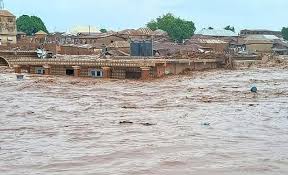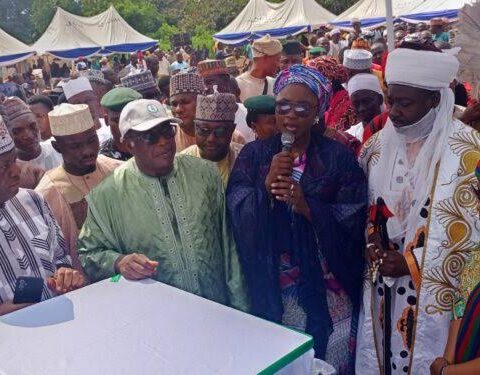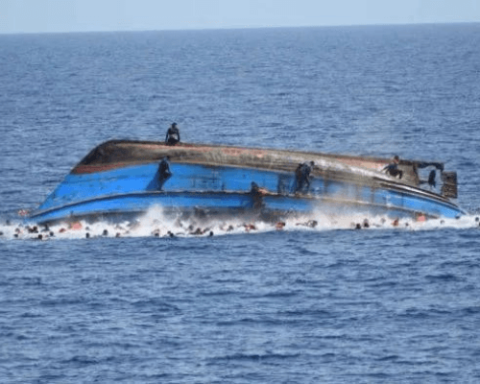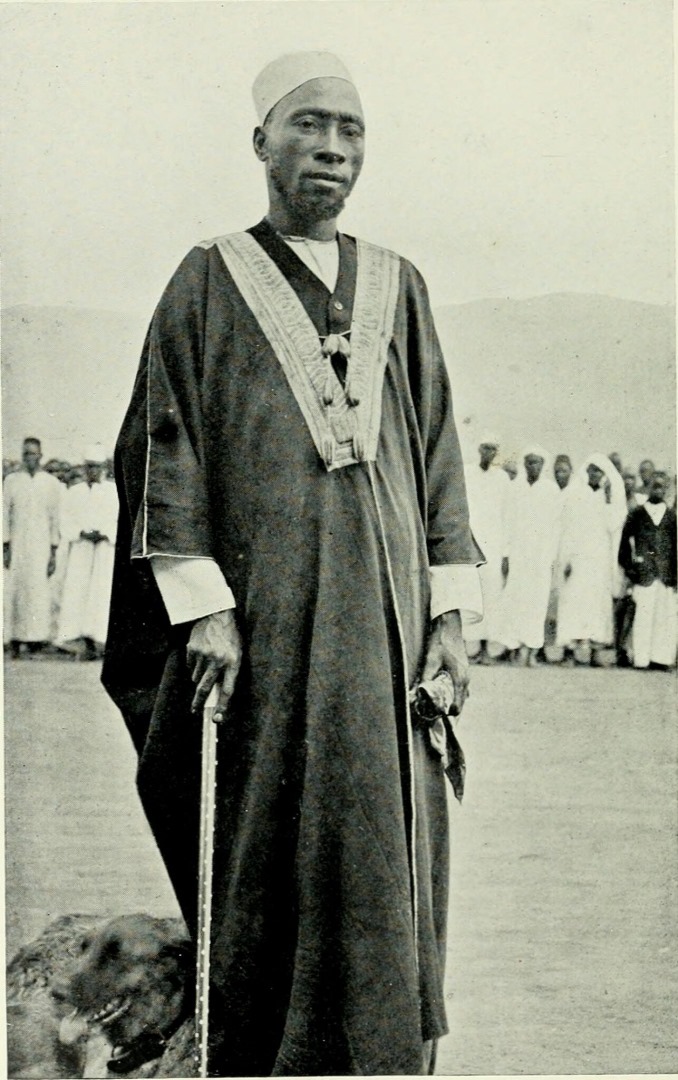At least 151 people have been confirmed dead following flash floods that swept through Mokwa, a riverside town in Niger State North Central Nigeria, earlier this week. Authorities warn the toll may still rise, as search and rescue efforts continue amid reports of more people swept into the River Niger.
The Niger State Emergency Management Agency (NSEMA) in a statement on Saturday said that more than 500 households and over 3,000 residents were affected by the floods, with some families reportedly lost as many as five members, including children.
“This is the worst flooding we’ve seen in 60 years,” said Muhammad Shaba Aliyu, the district head of Mokwa, as he called on the federal government for urgent assistance. “I beg the government to support us.”
The disaster, which followed hours of torrential rainfall between Wednesday night and Thursday morning, swept away more than 50 homes in the Tiffin Maza and Anguwan Hausawa districts among the hardest-hit areas. Only 11 people have been rescued alive and taken to the hospital, officials say.
“This is devastating,” said Abdullahi Baba-Arah, head of NSEMA. “Entire households were washed away. People are in desperate need of shelter, food, and medical care.”
President Bola Ahmed Tinubu has ordered emergency and security agencies to intensify ongoing search and rescue efforts. Minister of Information and National Orientation Mohammed Idris said the government was deeply saddened by the tragedy and assured affected communities of federal support.
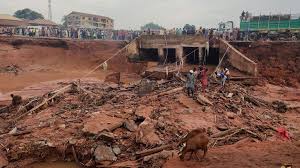
The collapse of a major bridge linking northern and southwestern Nigeria has further compounded the humanitarian and logistical crisis, leaving motorists stranded and disrupting trade routes.
Mokwa, a strategic transit town on the banks of the River Niger, sits in one of Nigeria’s high-risk flood zones. The Nigerian Meteorological Agency (NiMET) had earlier issued warnings of severe rainfall across at least 15 states as the rainy season intensifies. The season typically runs from April to October.
In recent years, Nigeria has faced recurring flood disasters. In 2022, unprecedented flooding displaced over 1.3 million people and killed more than 600. Last year, similar incidents in northern states also caused multiple deaths and widespread destruction.
For residents like Danjuma Shaba, a fisherman who lost his home in the deluge, survival now hinges on the speed and scale of response. “I don’t have a house to sleep in. My house has already collapsed,” he told AFP.
As the waters recede, questions remain about climate preparedness, infrastructure resilience, and the government’s ability to protect vulnerable communities in the face of intensifying weather extremes.
By Dare Akogun


